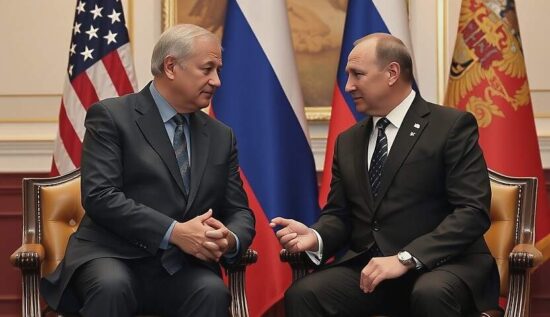The recent surge in global economic growth has led to a renewed focus on international trade agreements, with many nations scrambling to secure favorable terms and expand their market share. Amidst this backdrop of shifting economic tides, a quiet but significant development has taken place in the world of free trade agreements: the United States, Mexico and Canada have reached a long-awaited trilateral agreement, revamping the 26-year-old North American Free Trade Agreement (NAFTA).
The new deal, dubbed the United States-Mexico-Canada Agreement (USMCA), is set to replace NAFTA, which had been criticized for its limited labor and environmental protections, as well as its complex dispute-resolution mechanisms. In contrast, the USMCA is touted for its more robust provisions on intellectual property, digital trade and labor standards, as well as its streamlined dispute-resolution procedures.
But while the USMCA has been hailed as a major achievement by its signatory nations, not everyone is convinced of its merits. Critics point to the agreement’s potential impact on domestic industries, particularly in the agriculture and manufacturing sectors, which may face increased competition from foreign imports. Others have expressed concerns over the lack of transparency in the negotiations, as well as the limited scope of the agreement’s environmental and labor protections.
As the USMCA takes effect, it remains to be seen how the agreement will shape the future of international trade in North America and beyond. One thing is certain, however: the world of global commerce is watching with bated breath as the implications of this trilateral agreement begin to unfold.





